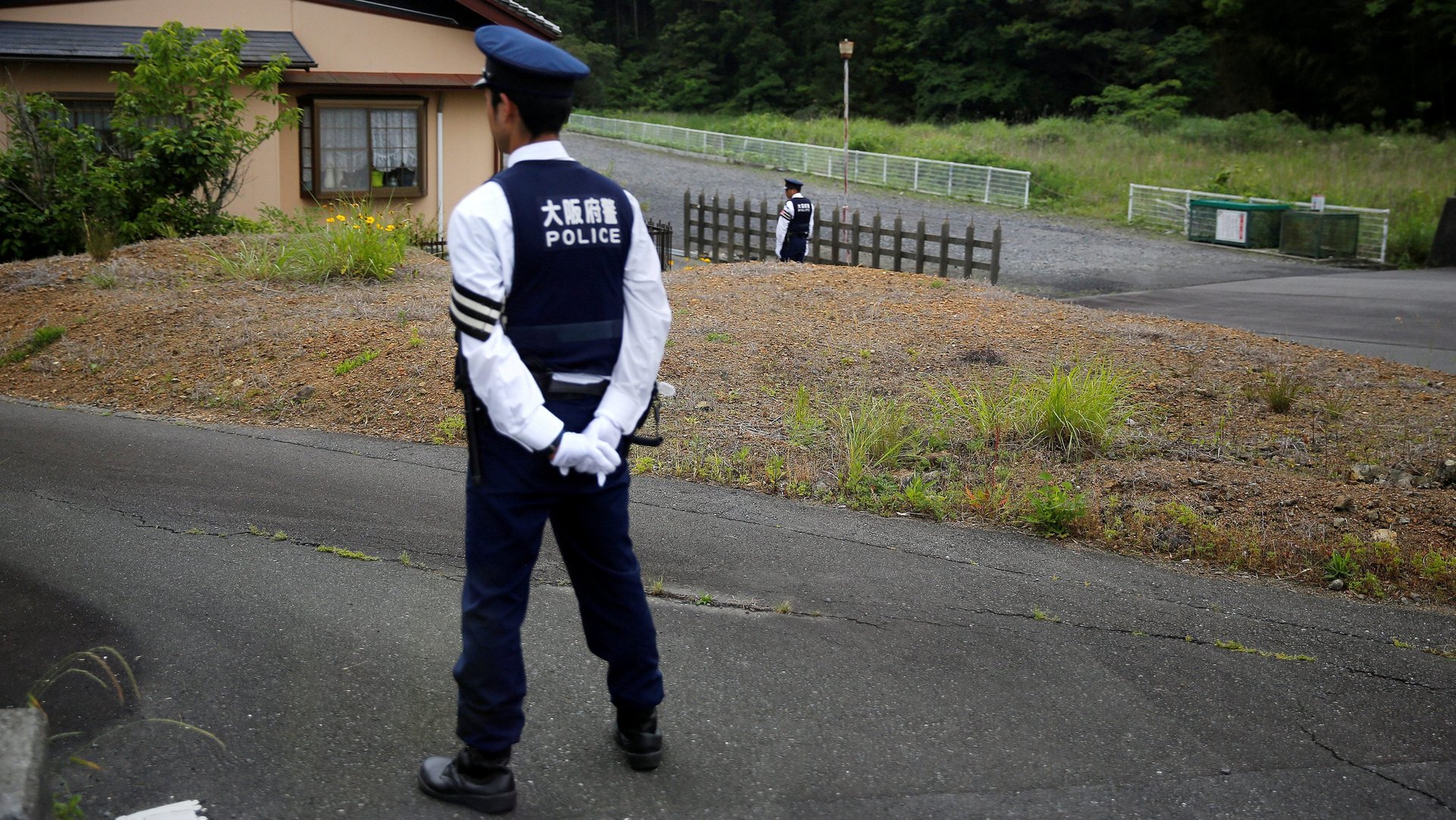Japan’s notoriously ruthless criminal justice system is getting a face lift
After being arrested in Japan, you can be held for up to 23 days without hearing any charges. You might not see a lawyer once during this time, and chances are you will experience relentless, unmonitored interrogation. The country’s notoriously secretive criminal justice system relies on confessions, and produces a conviction rate of more than 99%.


After being arrested in Japan, you can be held for up to 23 days without hearing any charges. You might not see a lawyer once during this time, and chances are you will experience relentless, unmonitored interrogation. The country’s notoriously secretive criminal justice system relies on confessions, and produces a conviction rate of more than 99%.
“The problem of the police and prosecutors wrongfully convicting someone is so well known that Japan has a word for it,” said Jake Adelstein, an investigative journalist and a former court reporter in Japan. “Enzai” (冤罪) can mean “a crime that one did not commit” or “being framed for a crime.”
Japan’s parliament, the Diet, has this week taken a step to reform its system. On Tuesday (May 24), it passed an amendment requiring some interrogations to be videotaped in order to prevent forced confessions. The legislation also expands wiretapping permissions, and introduces plea bargains, a concept foreign to the country’s legal system until now.
The changes were sparked by a 2009 scandal, in which prosecutors tampered with evidence in a case against a government official who was accused of fraud. Discussions about reform were percolating since the 1990s, Adelstein said. “We’ve reached a point in Japan where they can’t ignore it anymore.”
It’s only a small step in the right direction, however. Crimes that fall under the videotaping requirement constitute only 3% of cases, according to the Japan Times. And even then, the requirement can be easily circumvented. It’s common in Japan to arrest someone on a minor charge, then coerce them into confessing to a more major crime, Adelstein said.
Mark Karpeles, founder of the troubled Mt. Gox bitcoin exchange was re-arrested repeatedly so that Japanese police could extract a confession for a greater crime they suspected he committed, which was fraud or embezzlement. His initial charge, the “improper use of electronic funds” would not fall under the recording requirement.
Confessions have long been perceived as the best form of evidence in Japan, and are often coerced by psychological intimidation, shaming, and methods as ruthless as sleep deprivation. Until now, Japan has not had the same tools used in other countries such as wiretapping and plea bargaining—in their absence, Japanese law enforcement has had to rely on confessions, according to a former detective interviewed by the BBC, These tools will be introduced or expanded with the new reforms.
One of the new law’s provisions signals an important change in law enforcement mentality: the introduction of legal plea bargaining, sometimes used behind closed doors, but not legal. Plea deals are a crucial tool for disentangling organized crime, according to Adelstein. At the moment, with no plea bargains on the table, there is no incentive for members of the very powerful Japanese mob, the Yakuza, to inform on each other.
The country’s bar association was skeptical of introducing plea bargains, as an opportunity for suspects to give false information and of expanding wiretaps as a potential infringement on citizens’ privacy, The Japan Times reported.